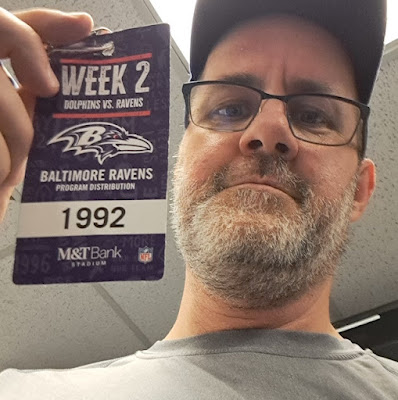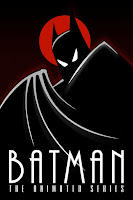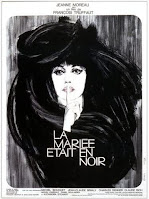Sherlock Jr. (1924) directed by Buster Keaton
A projectionist (Buster Keaton) also wants to be a detective, so he reads a book about it during his job's downtime. The theater manager berates him for not sweeping up. The projectionist (he never gets a name) sweeps the trash outside and sees the candy shop next door. He scrounges up some money to buy a box of chocolates for his girl (Kathryn McGuire). When he goes to see her, a rival (Ward Crane) shows up with a nicer box of chocolates. The rival could afford it because he swiped her father's pocket watch and sold it. The theft is discovered and the projectionist is on the case. He bumbles through searching everyone as the rival slips the pawn shop receipt into the projectionist's pocket. It's soon discovered and the father berates the projectionist and forbids him to come back. He goes to the theater where he falls asleep in the projection booth. His sleeping self gets up and walks into the film that's showing, where a similar plot is playing out with a stolen string of pearls. He has a rough time at first, because he stays in the same place on screen as the scenes change, resulting in some comic pratfalls. The camera eventually pans in and returns to the main story, the stolen pearls. The projectionist is now the famous detective Sherlock Jr. who tries to catch the bad guys while the bad guys try to kill him.
The plot is fairly simple and standard Keaton fare. He plays a beleaguered romantic who bumbles his way into adventures and heroics, besting his rivals not with direct conflict but by being a decent person or performing some fantastic stunt. The movie is a vehicle for lots of stunts and some amazing editing. His walking into the movie looks obviously like there's a set in place of the movie screen. But then the movie changes and Buster doesn't. The sequence of edits from the house to the street to the ocean to a snowscape and so forth is amazing to watch. The creative and technical genius of the film is unrivaled. And it's almost one hundred years old!
Highly recommended--this is in contention with The General for Keaton's best film.
























































